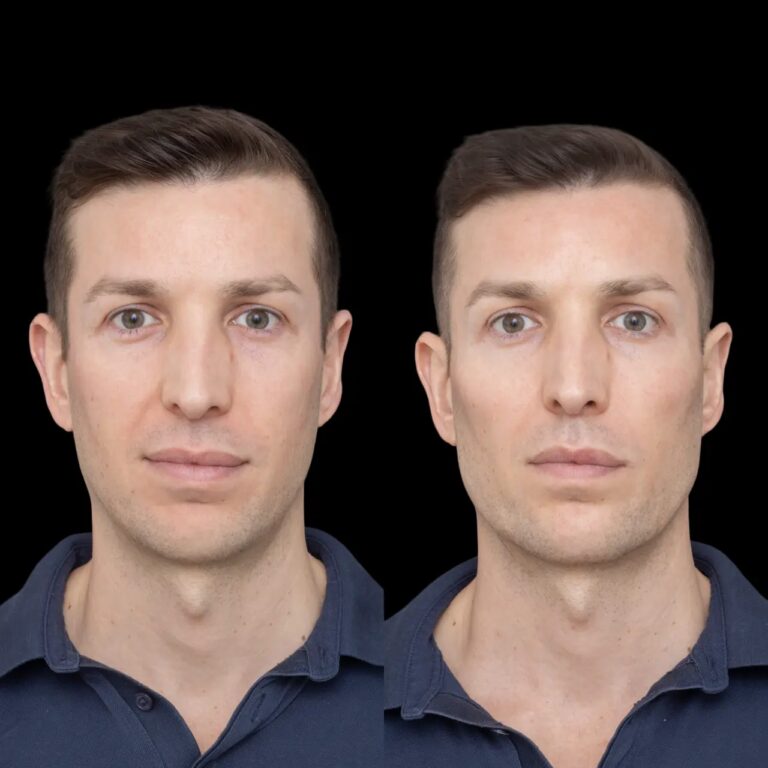In the ongoing quest for optimal wellness and maximum bodily performance, many are seeking new solutions for stubborn fat and slow metabolism. One of these, Testosterone Replacement Therapy (TRT), has emerged as a growing topic of interest for individuals seeking to lose weight. Though initially designed to treat low testosterone in men, TRT is now being considered more broadly in the context of weight loss. But is it the metabolic miracle that it purports to be, or merely another exaggerated myth? This blog examines the science of TRT and its role in successful fat loss and body composition changes.
Understanding TRT: What Is It and Who Needs It?
TRT, or Testosterone Replacement Therapy, is a therapeutic prescription meant to return low testosterone levels in men, usually as a result of aging or medical issues like hypogonadism. Testosterone is a crucial hormone that performs various physiological functions, including muscle development, energy production, libido, bone mass maintenance, and even mood regulation.
As levels decline, symptoms such as weakness, depression, loss of muscle mass, and weight gain are observed. TRT is given in the form of injections, patches, gel, or pellets and helps restore hormone balance. But the unexpected thing is how frequently TRT is being associated with better metabolism and perhaps even weight loss.
Can TRT Assist with Weight Loss?
In essence, TRT is not a conventional weight reduction regimen, but rather a hormone replacement therapy. Nevertheless, new clinical evidence and anecdotal experience indicate that men with low testosterone tend to see considerable enhancements in body composition following initiation of TRT.
Here’s why TRT could help with fat loss:
- Increased Lean Muscle Mass: Testosterone is a hormone that stimulates anabolic processes. Restoring its levels enables the body to add and maintain muscle, which in turn boosts the resting metabolic rate (RMR). Increased RMR translates into more calories burned in a resting state, facilitating weight loss over time.
- Decreased Fat Deposition: Research has shown that TRT can lead to a reduction in visceral fat, the type of fat stored around the organs. This decrease not only contributes to fat loss but also enhances insulin sensitivity and metabolic function.
- Increased Energy and Motivation: Low testosterone is associated with fatigue and a lack of motivation, both of which can prevent individuals from engaging in routine exercise. TRT tends to increase energy and mood, promoting more consistent physical activity, which directly benefits weight reduction.
Conclusion:
Used responsibly, TRT has the potential to be an effective therapeutic ally for men with low testosterone and resistant belly fat. Although it is not a shortcut or a dietary and exercise substitute, it is supported by both scientific evidence and clinical experience as a metabolic aid.
For those afflicted with hormone imbalance, TRT can indeed be a metabolic miracle—but only as part of an overall health regimen. Always consult professional medical assistance before starting any hormone therapy.
FAQs
- Can TRT help with weight loss?
Yes, TRT may support weight loss by increasing lean muscle mass and boosting metabolism. It helps reduce body fat, especially in men with low testosterone levels.
- How long does it take for TRT to work for fat loss?
Visible fat loss effects may take 3–6 months, depending on individual metabolism, diet, and exercise habits. Energy and motivation often improve within weeks.
- Does TRT increase metabolism?
Yes, TRT can increase your resting metabolic rate by promoting muscle growth and reducing fat mass, resulting in a higher number of calories burned at rest.
- Is TRT safe for weight loss?
TRT is generally safe under medical supervision. However, it’s not a primary weight loss method and should be part of a broader health strategy.



